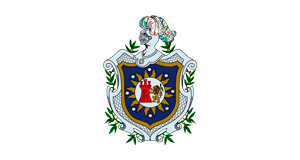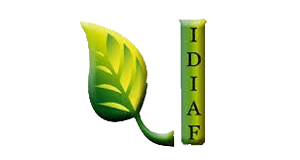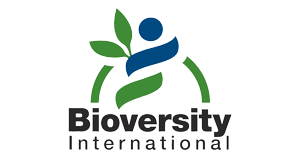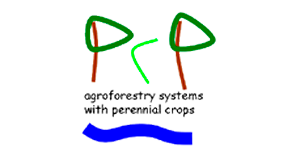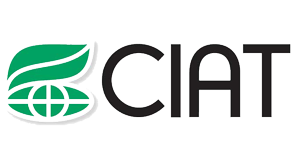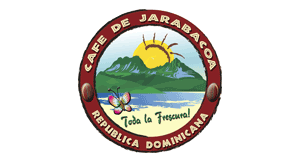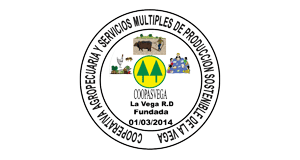Water management in banana growing areas in Nicaragua and Dominican Republic
Structured dialogue between stakeholders to improve knowledge, reconcile conflicting demands, improve the efficiency of water use in agriculture and reduce vulnerability caused by climate variability.
Context of the story
Agriculture consumes about 70% of the available water, which can generate conflicts between different types of consumers, especially in areas where availability is limited, demands are high and increasing climatic variability affects the seasonal water balance, which increases pressure on a resource whose demand is also seasonal in agriculture. The problem is exacerbated by the lack of understanding that farmers and other stakeholders have about the interaction between the demands of different types of consumers, farming systems, climate variability and the availability and use of water.
Banana producers discuss water management
The implemented initiative
A participatory process was carried out in four banana communities aimed at discussing problems and reflecting on actions that improve water management, adaptive capacity and resilience to climate change and reduce conflicts over resource use. It was led by a consortium formed by UNAN-León Nicaragua, the IDIAF of the Dominican Republic, local banana and coffee farmer associations, Bioversity International, the CGIAR Humidtropics program and the French consultancy Lisode (Lien Social et Décision).
Role play to find dialogued solutions
The technological solution
Fourteen participatory workshops were developed in the banana communities with the participation of farmers and other actors. The ComMod (Companion Modeling) methodology was used that served to collect and systematize data on water access and use, the development of four conceptual models that represent the problems of each community, for the elaboration of participatory and expert diagnoses, for the formalization of interactions between water resources, cropping management, the climate and the actors involved in the problems of water use, and for the design, conformation and validation of two territorial dialogue platforms in which role play simulates and analyzes the problems of availability and access to water under different climatic scenarios, articulating the social and ecological systems of each territory in dialogues between all stakeholders.
Participants think that role play modified their views on the causes and effects of water use problems.
Results
Participants understood the relationship of agriculture with other water demands. 97% built a vision of the problems and needs of others, which facilitated decision making in the communities. The 249 participants in the workshops identified 109 technological and institutional innovations out of which 29 were included in plans to improve knowledge and raise public awareness about water problems, clarify and formalize the rules and sanctions of access and use, and innovate agricultural practices to reduce the pressure on the resource. The impacts will occur with the dissemination of territorial dialogue platforms that identify local actions to improve water availability and use.
Infographic
ComMod methodology and results of its application
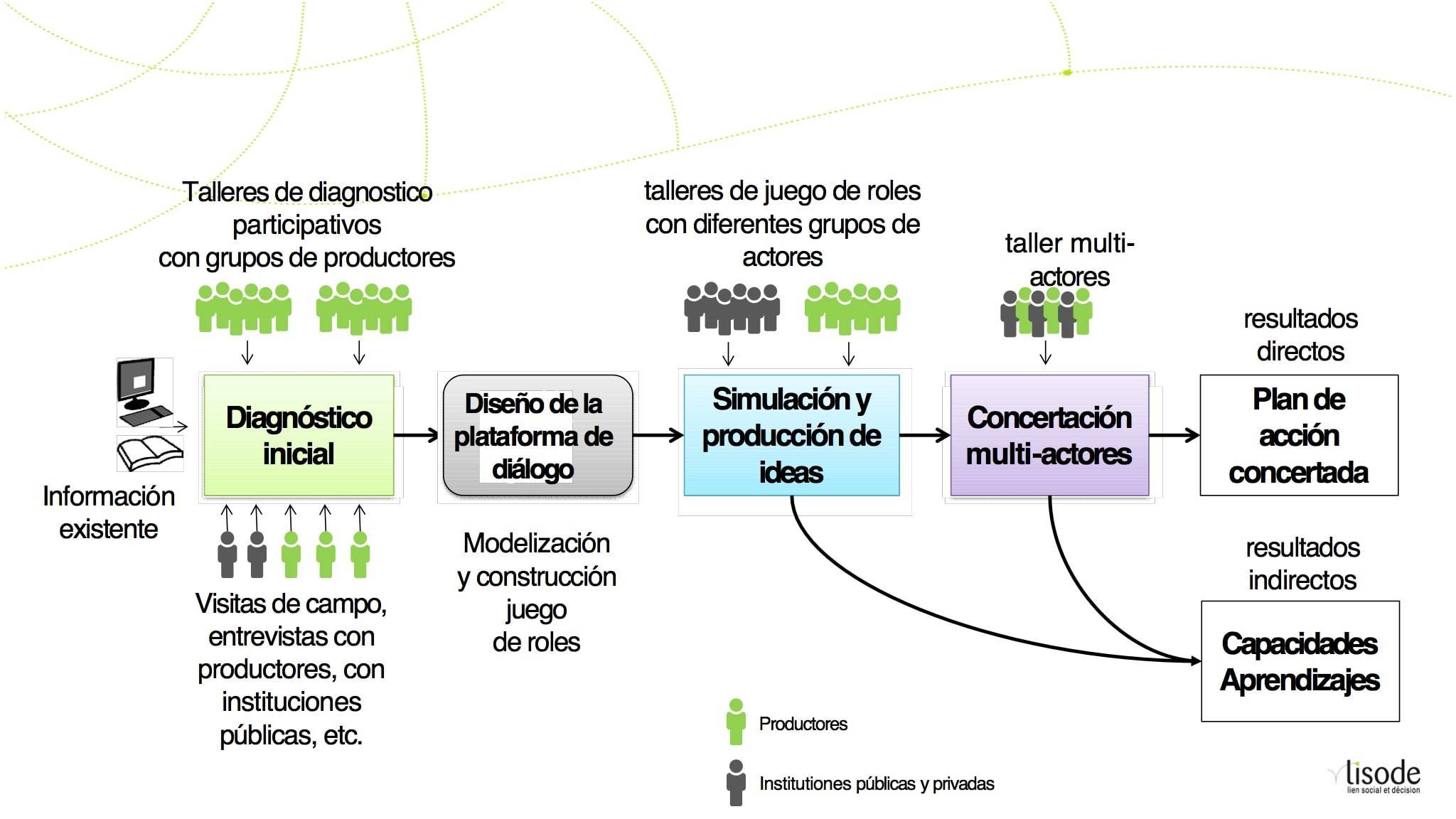

 Back to the project
Back to the project Nicaragua
Nicaragua Costa Rica
Costa Rica Dominican Republic
Dominican Republic France
France 